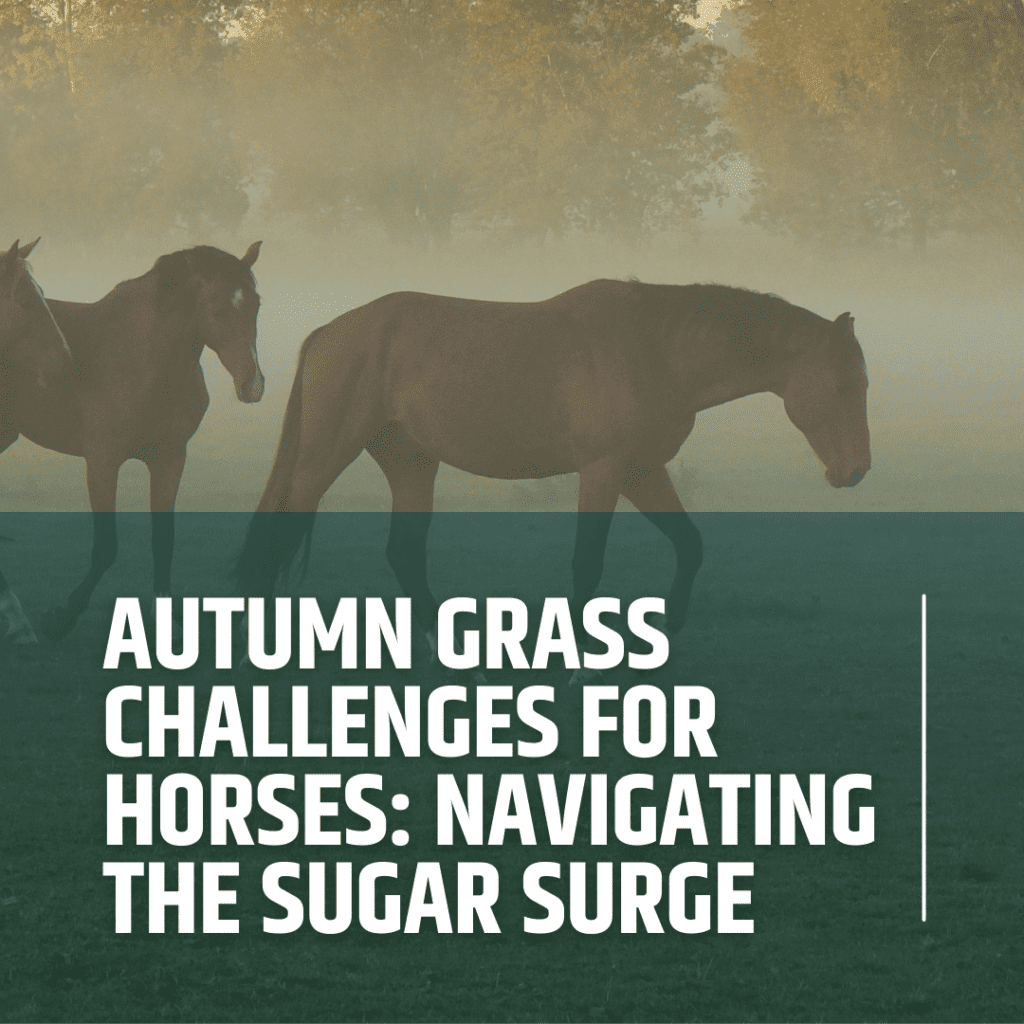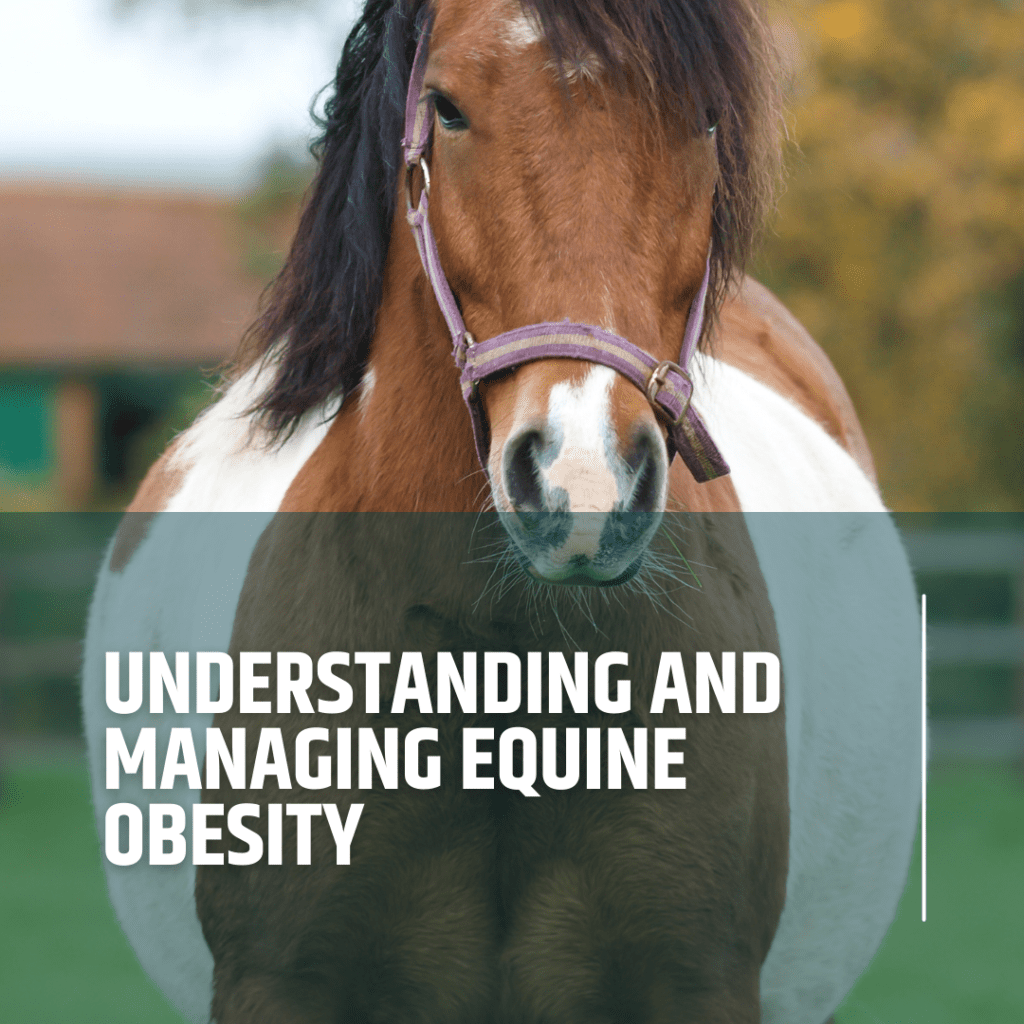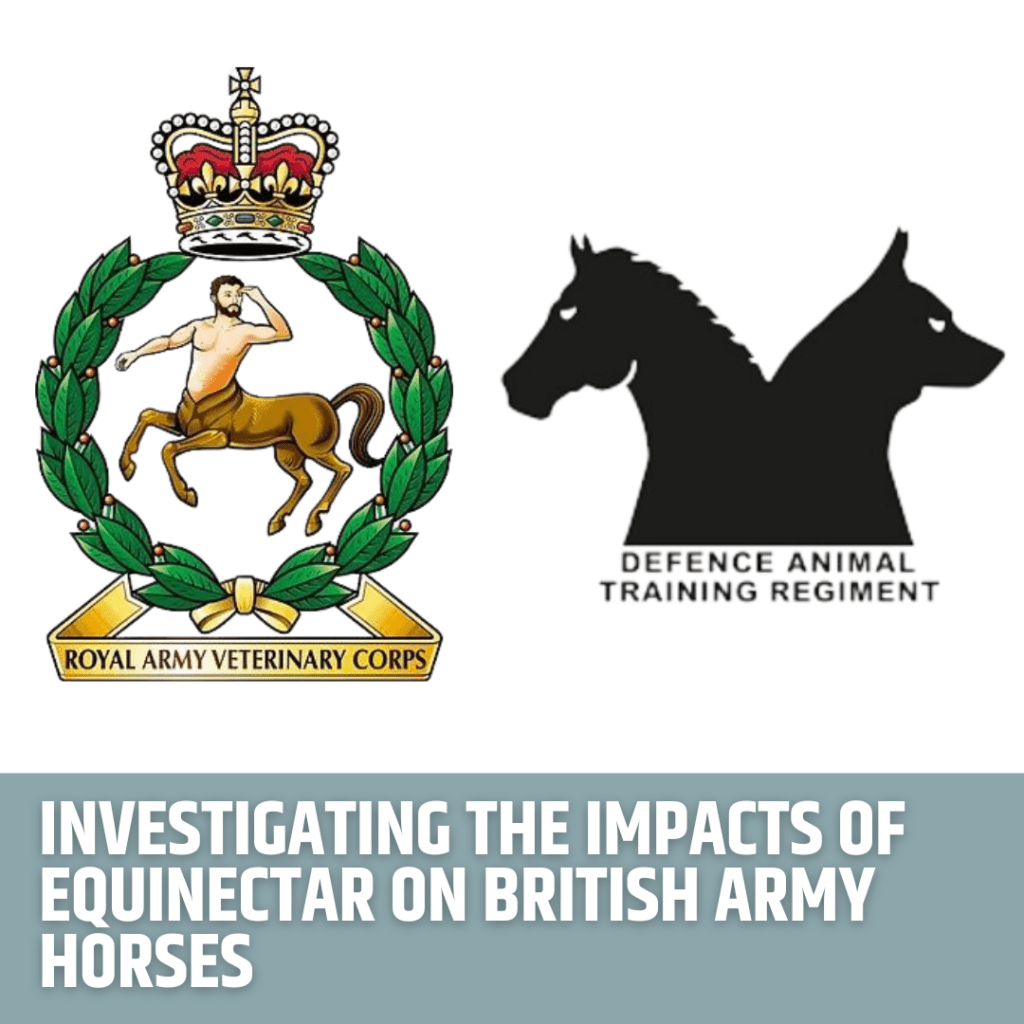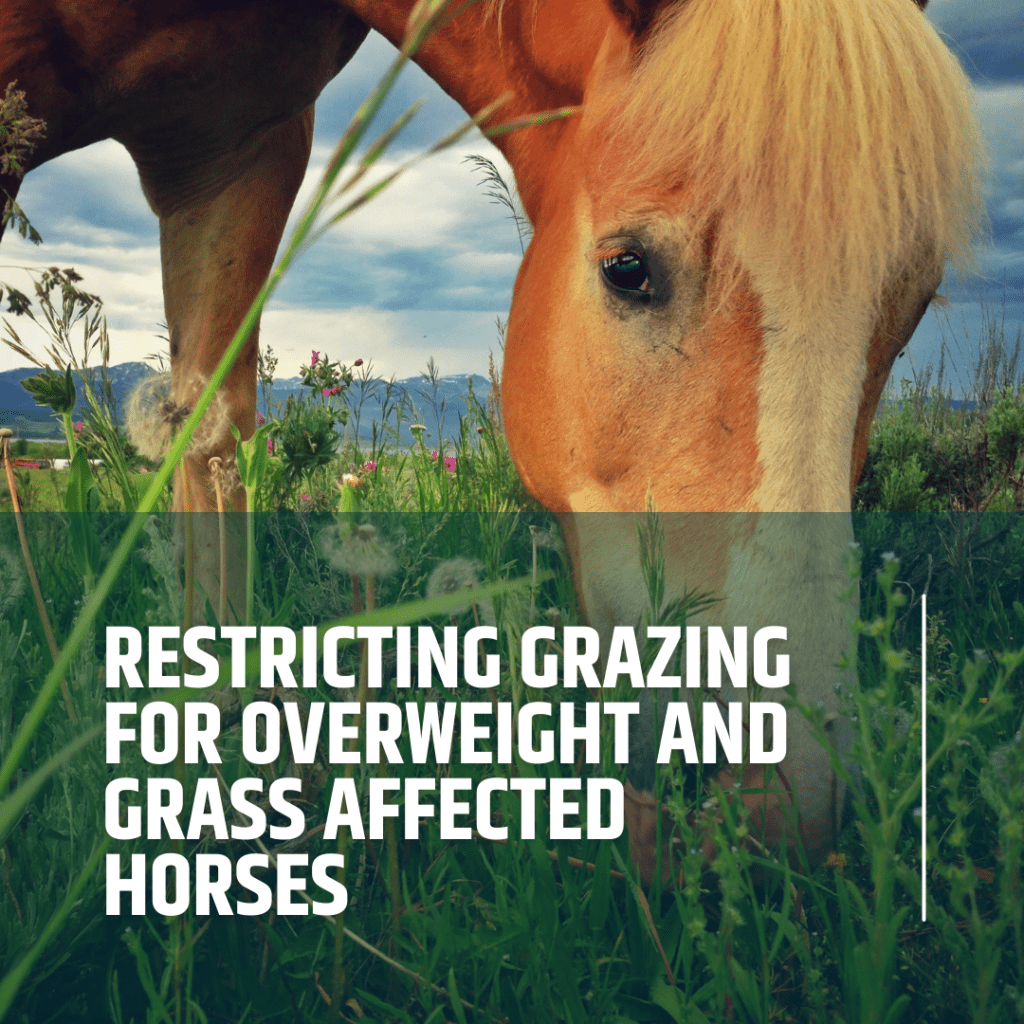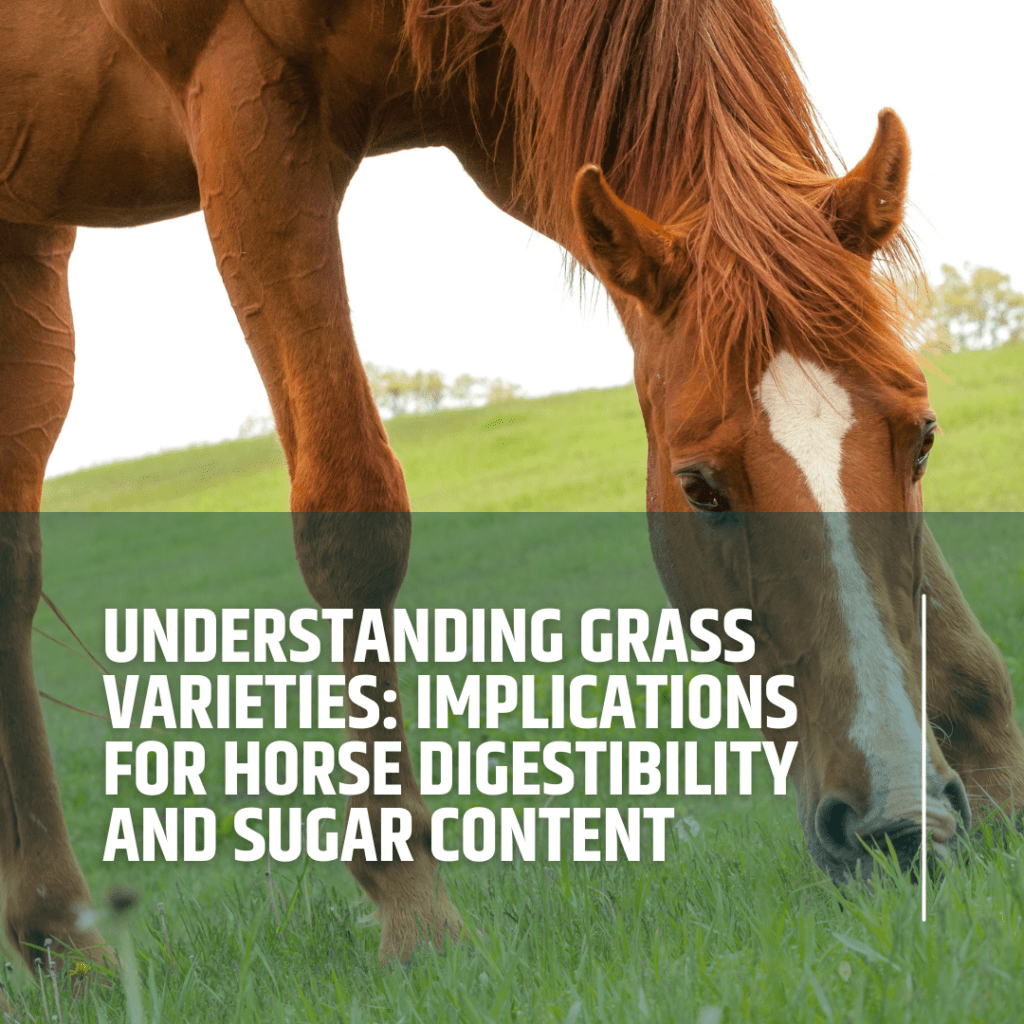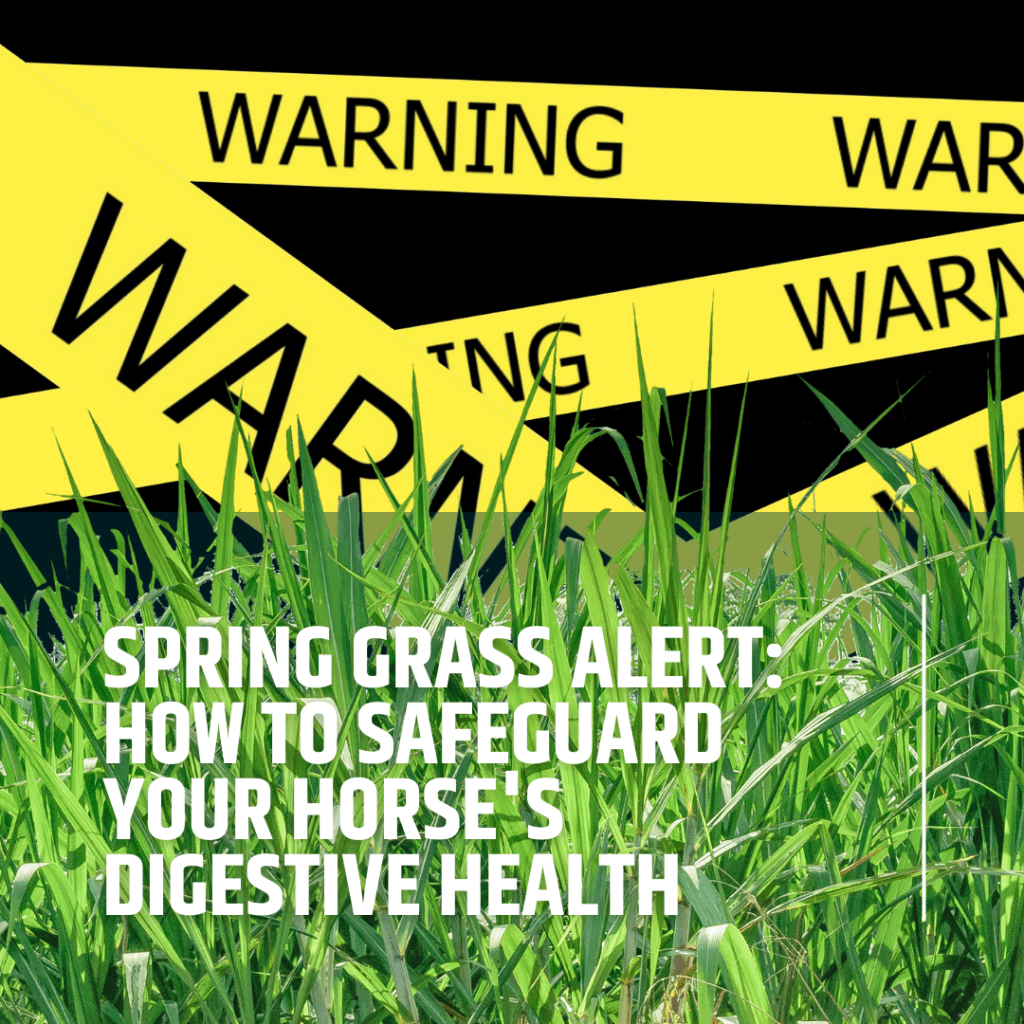Autumn Grass Challenges for Horses: Navigating the Sugar Surge
Autumn grass poses challenges for horses due to high sugar content. Limit grazing time, especially in mornings and evenings. Use muzzles, provide low-sugar hay, and monitor body condition.
Autumn Grass Challenges for Horses: Navigating the Sugar Surge Read More »

